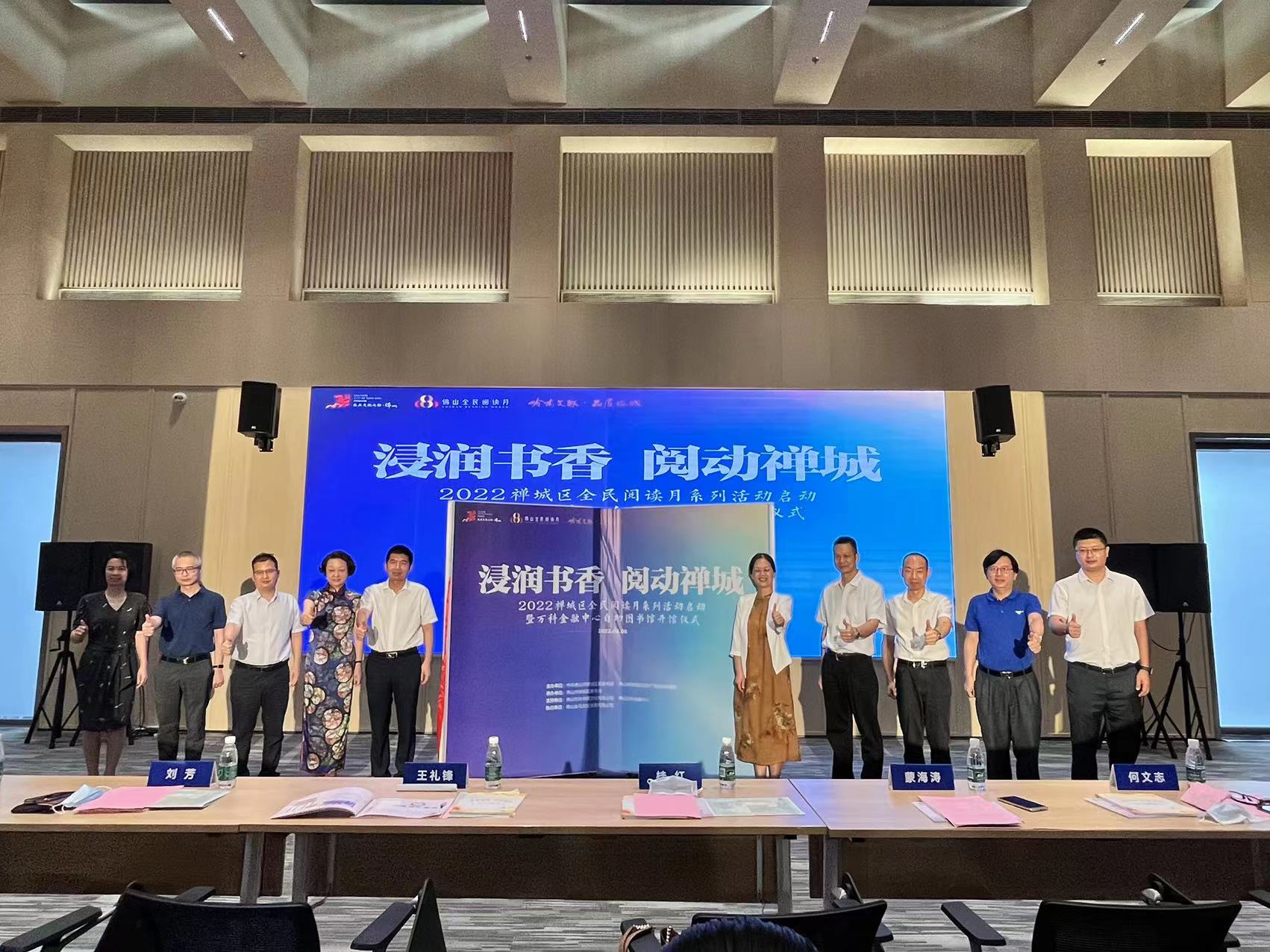Daily good poems | separated from the wall of happiness
Author:Sleeping Poetry Time:2022.09.12


Separated from the wall
Text/Ye Xiaosong
Separated from the wall
Actually not pain, but
Truth's pity.
Then, then, then
When we are in the dream
Call out a name affectionately
But on the way to wake up,
Forget everything.
Then, then, then
The victim, you
Often immersed.
When we were close to God,
But I was born in my heart
Breaking the coming
Happy.
Then, then, then
Oh, destroy us
Not God. Not God!
It is the dust that the soul is becoming increasingly accumulated
Set off a game
Destroy human beings
storm--

Ye Xiaosong, who reads the natal crown of sleeping poetry, was born in 1964, corporate workers, net names, Purmens (Firebur) poetry writing enthusiasts. Some poems are included in "Spring Blossoms of Reading Sleeping Poems" and "Cao Long Ying Flying on Sleeping Poems". The language of poetry is unique, the poetic is agile, and is good at digging out the poetic soil from the silhouette of life, and the castle that builds poetry. Poetry has its own unique meaning and special, and has a certain degree of recognition.

Pay attention to sleeping, poetic habitat

Facing the sea, looking for light with black eyes. On November 16, 2015, the Poetry Society of Sleeping Poetry Club, the Poetry Club took the mission of "speaking for grassroots poets" and the purpose of promoting the "spirit of poetry", that is, the pursuit of the truth, kindness and beauty of poetry, the artistic innovation of poetry, and the spirit of poetry. Poetry friends have been published in the collection of poems "The Spring Blossoms of Sleeping Poems" and "The Grass Ying Ying Flying on Sleeping Poems".
- END -
Read the talk show, one person recommends a book!Chancheng National Reading Month officially launched

Let's count the countdown together, 3, 2, and 1, start! On the morning of August 6...
Analysis of the English World Translation of "Peacock Southeast"
Peacock Flying Southeast (the original title Ancient Poems for Jiao Zhongqing's Wife) is the first narrative poem in the history of Chinese literature. The earliest seen in the Yutai Xin Yong in